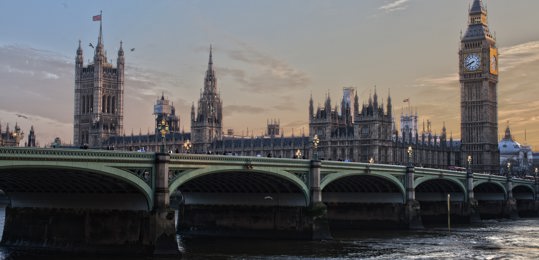With the furlough scheme due to end in October the country was waiting to hear what new proposals the Chancellor had planned to help industry and business through the continuing COVID-19 pandemic.
Further details of the measures announced in the Winter Economy Plan are still to be published or clarified but here’s a summary of what we learned.
The New Job Support Scheme (JRS)
The centrepiece of his plan is the new JRS. This is a 6 month arrangement starting on 1 November and is designed to help companies retain employees they will need in the long term.
To be eligible for this scheme employees must work a minimum of 33% of their normal hours. For the remaining hours not worked, the Government and the employer pay 1/3 of the wages each (the Government’s contribution is capped at £697.92 pm). Clearly employers will need to be sure that there will be full time work for the employees in the near future otherwise the costs will be prohibitive.
An advantage for employees on the JRS is that they can’t be facing redundancy. The Chancellor also explained that there will be restrictions on larger companies in terms of dividends to shareholders whilst receiving JRS funding.
Julian Ball, Legal Director says: The key to this scheme is that it’s aimed at businesses and jobs that are viable in the long term. One of the problems is that there are so many businesses on the edge and for them and their employees the future still looks bleak. Unemployment is still likely to rise as are taxes although no reference was made to the latter today – as most people are aware there will be no Autumn Budget this year.
Self Employment Income Support Scheme
The self -employed will be able to access grants under the Self Employment Income Support Scheme. The grant will cover 3 months' worth of profits for the period from November to the end of January. It will cover 20% of average monthly profits up to a total of £1,875.
Self-Assessment Returns
Income tax bills owed by the self-employed and those making Self-Assessment Returns will still need to be paid but the Chancellor announced that people with a tax debt of up to £30,000 will be able to set up a payment plan over 12 months rather than having to make full payment by 31 January 2021.
Julian says: This is a positive measure which may help those in financial difficulty but they will still need to find the money in time and HMRC will still need to be contacted to reach an appropriate agreement.
VAT reduction
The 5% reduction in VAT for the hospitality and tourism sector is to be extended to 31 March 2021.
Julian says: Whether this aid is enough to keep hospitality businesses afloat in light of the latest COVID-19 restrictions remains to be seen.
The Coronavirus Business Interruption Loans & Deferred VAT
The Government’s guarantee of the Coronavirus Business Interruption Loans, taken out by struggling businesses is to be extended from 6 to 10 years.
And businesses who deferred their VAT will no longer have to pay a lump sum at the end of March 2021. This can now be split into 11 monthly interest-free payments.
Julian says: These extensions will be welcomed by businesses in ‘real trouble’.
There has been a mixed level of support for the Chancellor’s proposals and with no specific attention paid to the problems of the contracting industry perhaps the ‘all in it together’ mantra rings a little hollow.
Please stay in touch with our updates on developments and we’ll try to fill in more detail of the various new and amended support schemes as we get it from HM Treasury.



